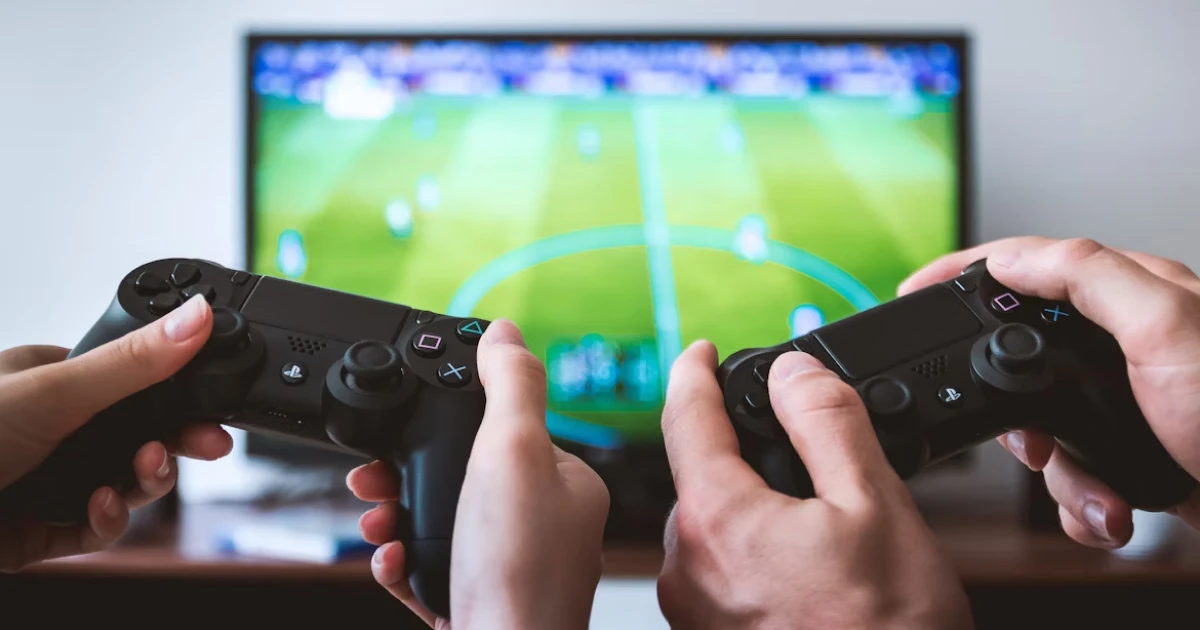Even more so, where the amount of information collected would stop and information privacy would be respected. Mass surveillance and the lack of privacy is not a fantasy anymore. Look at China, which is scaring everyone off with its control-focused observation level infringed on its population. To be more precise, in the Xinjiang province, the Uighurs (a Muslim minority) are under an unprecedented level of surveillance. From ID cards connected to enormous databases to surveillance cameras, in-house inspections, and police stations for every parcel of 500 people. All of that is just to see if the population is trustworthy or not, and if the latter happens, to send the people to re-education camps. Resulting in zero information privacy and the inexistence of the freedom of speech.
Now you might be thinking that ignoring information privacy is not the case for the more democratic countries. And you might be right. At least to a certain extent. The United States has a DNA database called the Combined DNA Index System (CODIS) which, as of now, contains over 14 million DNA profiles. China is quickly catching up and surpassing them on that matter, but for decades the world's biggest democracy had mass surveillance initiatives in place. Wiretapping is a great example of that.
In countries like China and the US, government mass surveillance is being conducted with the aim of supposedly increasing security inside and outside their borders, but we need to understand the reasons why such practices may become problematic.
First of all, people have civil rights, like the right to intellectual freedom. Some might argue that a person should have the freedom to commit crimes. Sure, that person will receive legal punishment afterward, but what are the alternatives? Mass surveillance to the point where we are safe because we are not allowed to do much on our own terms? Benjamin Franklin said that - “They who can give up essential liberty to obtain a little temporary safety, deserve neither liberty nor safety.” And, while he might have been harsh in his statements, we need to point out that increasing the level of surveillance will only bring more control, as the opposite is true as well.
It is imperative that those of us who follow the law and believe that surveillance is beneficial because it can keep us safe ask ourselves when will the balance of power between the watched and the watcher become problematic. Think about it like this. The higher the level of information a controlling authority has over its population, the bigger the chance for that authority to want to implement new rules and regulations.
But both corporations as well as governments have very notable arguments for the further development of this mass surveillance trend. There are cases where surveillance of the population can come in handy and even improve the lives of the citizens. Yet is more and more present in the public eye that we need to pay attention to corrupt or questionable surveillance practices. By having fair legal grounds and regulations in the Internet of Things, Artificial Intelligence, and Big Data era, we can protect our rights and freedoms for intellectual property and still benefit from using these innovative technologies.
















